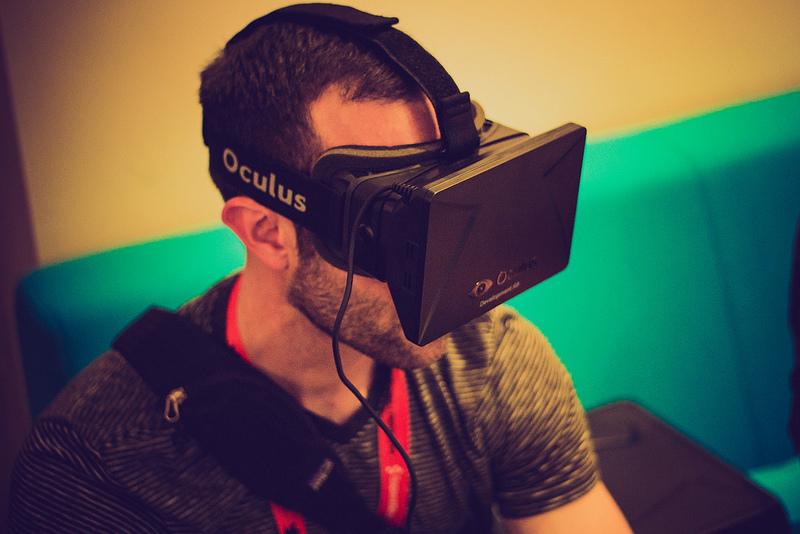The Queensland University of Technology (QUT) is launching a virtual reality (VR) toolkit titled Transforming Aged Care with Virtual Reality (TACWVR) on May 25, aimed at aged care seniors to give them a “better quality of life.”
“We integrated VR technologies into three Australian aged care facilities to find ways of better socially connecting residents with each other, staff and their families during this [COVID-19] pandemic,” said the lead researcher, Prof. Evonne Miller.





